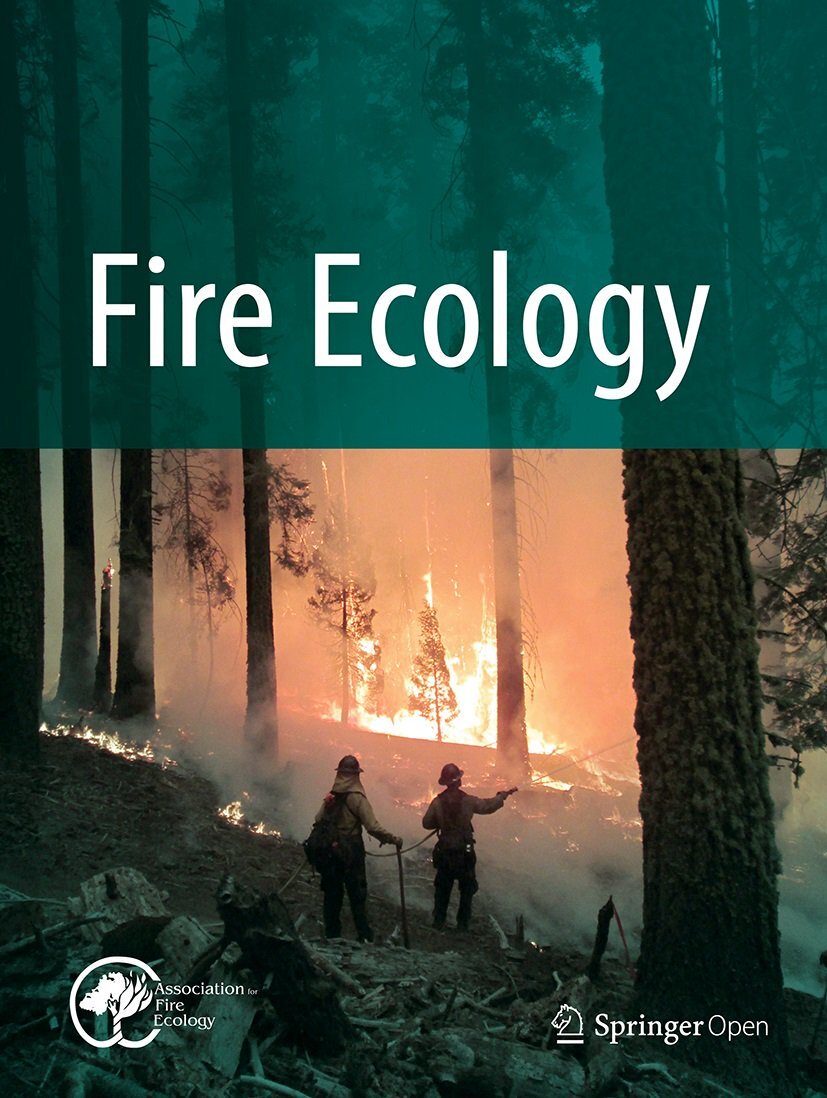Job Type: Full-time, on-site
Location: California
Salary: $28.96-$31.64/hour
Description:
The Engine Boss (ENGB) leads a single fire engine and attached personnel and is responsible for their safety on cultural/prescribed fire implementation. The ENGB is responsible for the day-to-day supervision and leadership of a 4-8 person Land Stewards Fire Crew (LSFC). He/she is responsible for ensuring the safety, welfare, and accountability of the LSFC members, modeling leadership values and principles. The ENGB is responsible for maintaining clear lines of communication with the LSFC, Burn Boss/Fire Manager, FEMO, and others. Duties are directly connected with the implementation of cultural burning aimed at achieving culturally appropriate land management objectives such as habitat restoration, enhancing biodiversity, reducing wildfire risk, restoring and maintaining ecological conditions and processes, and removing invasive and unwanted species
Responsibilities:
Lead holding operations on cultural/prescribed buns
Review and understand prescribed fire Burn Plans prior to implementation.
Scout burn units, identify and assess holding features and potential hazards.
Understand current fire environment conditions, such as fuel condition and type, weather, and soil moisture.
Perform holding Boss capacity during cultural/prescribed fire operations and mentor in all aspects of position.
Develop and implement tactics based on incident objectives, fire behavior, risk assessment, and leaders’ intent
Locate water resources and check for volume and cleanliness for engine re-supply
Maintain a supply of water for the fire especially on critical areas of the fireline
Ensure readiness of crew, equipment, and vehicles
Organize and deploy assigned resources based on established objectives and resource capabilities.
Effectively lead and perform engine operations techniques including simple and progressive hoselays, mobile fire engagement, pump and roll, engine protection
Establish and communicate chain of command, reporting procedures, risk management processes, and radio frequency management
Participate in and conduct operational briefings
Recognize, respond to, and communicate changes in predicted weather and fire behavior, topography and fuel types, and adapt planned strategies and tactics
Communicate and coordinate with firing resources and supervision as firing operations progress.
Utilize appropriate combinations of resources to conduct holding operations.
Ensure assigned holding resources are equipped and capable of carrying out the holding plan safely.
Coordinate holding forces with firing operations and maintain communication
Serve as a mentor during cultural/prescribed fire operations
Ensure proper refurbishing and resupply of tools, vehicles, food, water and supplies
Supervise and direct LSFC work assignments
Model leadership values and principles, integrity, accountability, empathy, and adaptability.
Establish and communicate performance expectations
Monitor personnel's daily performance and provide feedback.
Ensure adherence to Daily Operating Procedures as developed by CFMC
Monitor and ensure adherence to all safety protocols and guidelines while on the job
Provide positive influence. Emphasize teamwork
Ensure objectives are met
Inspect personnel and equipment for job readiness
Supervise and perform pre and post burn work such as line construction, selectively thinning the understory vegetation, chipping, and/or piling, lop and scatter using hand tools and power equipment.
Provide instruction for line construction, chainsaw operations, fire line leadership, monitoring protocols, holding operations, fuels treatment prescriptions, and day to day operations.
Ensure all tools, equipment and vehicles are maintained regularly and are returned to appropriate storage area
Establish a common operating picture with supervisors and subordinates
Track progress of project implementation
Provide supervisor with status updates on conditions affecting operations.
Qualifications:
Demonstrates the ability to work effectively with Indigenous communities, establish and maintain harmonious working relationships with other employees, agency personnel, and the public.
Exhibits the ability to manage time well and work under stressful conditions with an even temperament.
Must have the ability to track progress of project implementation to ensure goals and objectives are accomplished and deadlines are met in a timely manner.
Must have wildland fire experience and an understanding of fire behavior relative to fuels, weather, and topography and how fire affects plant communities.
Has knowledge of the Incident Command System component of National Incident Management System.
Demonstrates the ability to plan, direct, and supervise holding operations performed by assigned crew.
Has working knowledge of GIS mapping software
Has experience implementing prescribed burns
Requirements:
Possess current ENGB qualification under the NWCG system
Must pass the annual Work Capacity Test at the arduous level (Pack Test)
Must possess valid CA driver’s license, good driving record, and be insurable by the CFMC’s insurance carrier.
Must have experience implementing prescribed fire in heavily fuel laden landscapes.
Must have experience leading and supervising others.
Experience managing resources assigned during prescribed fire implementation.
Knowledge of and ability to adjust holding techniques to meet objectives, as well as mitigate smoke exposure to personnel, roadways, smoke sensitive populations.
Plan, direct, and supervise holding operations performed by assigned crew.
Physical and Environmental Requirements:
Duties involve rigorous fieldwork requiring above average physical performance, endurance and superior conditioning. The fieldwork may often be conducted during extreme heat (above 100 degrees F), extreme wet and cold (under 32 degrees F) and smoky conditions. Work requires prolonged standing, walking over uneven ground, and recurring bending, reaching, lifting and carrying of items weighing over 50 pounds and similar strenuous activities requiring at least average agility and dexterity. Duties also include demands for strenuous activities in emergencies under adverse environmental conditions and over extended periods of time. Operation of some specialized fire equipment can place extended physical stress during fire activities.

